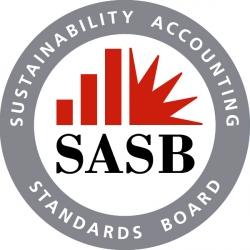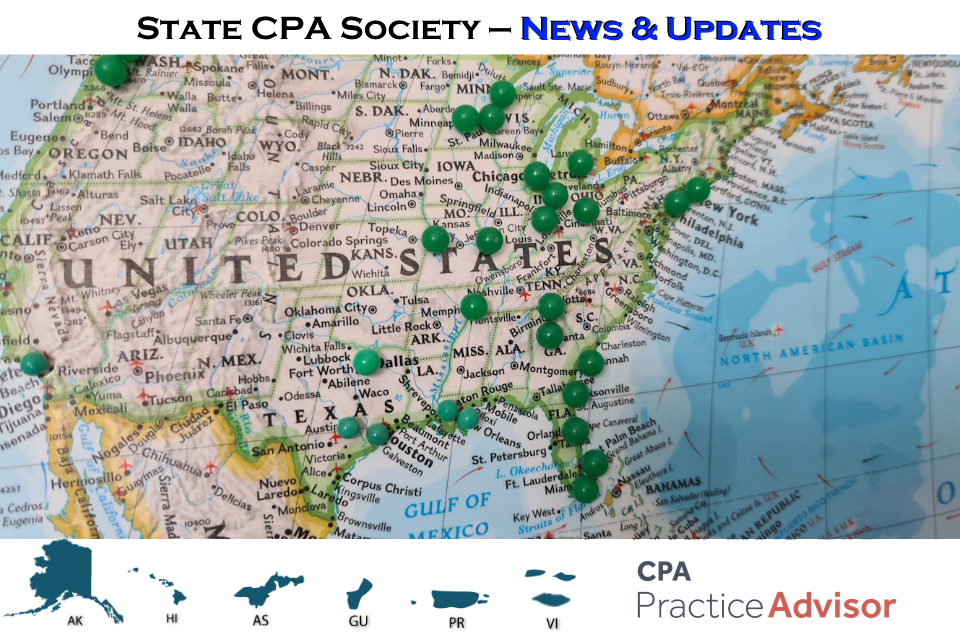After completing provisional standards for 79 industries in 10 sectors, The Sustainability Accounting Standards Board (SASB) has launched its next phase of standards development. In this juncture, SASB will enter a period of consultation on the provisional standards and proposed process to codify and maintain them.
The organization has opened three key documents—the SASB Rules of Procedure, the SASB Conceptual Framework, and proposed changes to its Sustainable Industry Classification System (SICS) — for a 90-day public comment period.
- The SASB Conceptual Framework is an existing document that has been updated in accordance with the Rules of Procedure to focus on the fundamental principles that guide SASB’s work. It outlines SASB’s purpose and role in the broader sustainability, accounting, and financial reporting arenas.
- The SASB Rules of Procedure is a new document that will establish the processes, practices, and procedures related to SASB’s standard-setting activities. These include development activities, ongoing consultation with corporate issuers and investors, and codification and ongoing maintenance of the Standards. The Rules of Procedure also outlines the organization’s governance structure.
- Based on research and stakeholder feedback, SASB is proposing a small number of amendments to The Sustainable Industry Classification System ™ (SICS™) that will align with its purpose of grouping related industries based on the similarities of their sustainability profiles and shared sustainability risks and opportunities.
“In 2012, SASB began the ambitious task of issuing provisional standards for 79 industries across 10 sectors,” says Jeffrey Hales, Chair of SASB’s Standards Council. “With the issuance of the last set of provisional standards in March of 2016, SASB is entering a new phase in which it prepares to codify and maintain these standards going forward. In doing so, we felt it important to draft new Rules of Procedure, and update the Conceptual Framework, in order to help guide SASB in this next phase of its efforts.”
During the next 12-18 months, SASB will review the standards for quality and proactively seek feedback from issuers, investors, and other stakeholders on (1) the relevance and decision-usefulness of the standards and (2) the feasibility and cost-effectiveness of their implementation. SASB will use dedicated Sector Analysts to conduct this work, which will facilitate productive dialogue with stakeholders.
“A thorough and robust due process is the most important asset of any standards-setting organization,” says Robert Herz, former Financial Accounting Standards Board (FASB) chair and member of the SASB Board of Directors. “We’ve tried to design the proposed codification process to ensure the standards meet the needs of investors in a manner that is cost-effective for companies.”
“SASB standards are created by the markets, for the markets,” says Dr. Jean Rogers, SASB Founder and CEO. “We appreciate the involvement of the thousands of stakeholders who advised on SASB’s provisional standards. In this next phase, we look forward to deepening and broadening this participation, so that we can ensure the codified standards truly meet the needs of companies and investors.”
Thanks for reading CPA Practice Advisor!
Subscribe Already registered? Log In
Need more information? Read the FAQs




